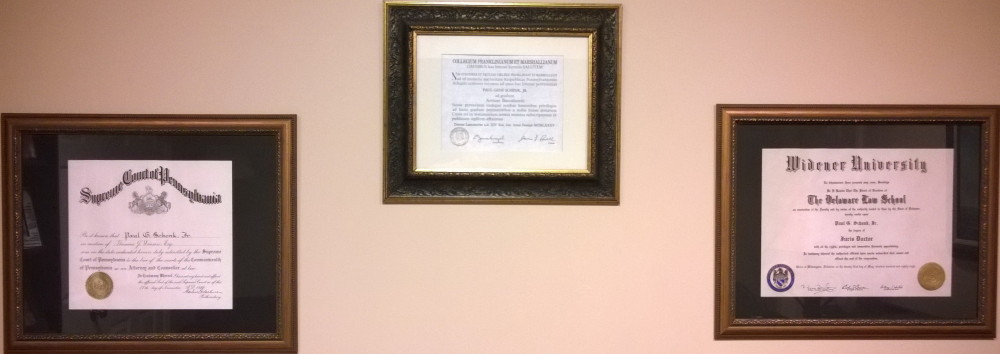The Following Study Article Is Composed From Preliminary Study Notes As I Progressively Step Through A Biblical Word Study On “The Cornerstone”. All References Are To The KJV.
The elders are lovers of the Lord ( see Lam 1:19) ; they are blameless ( see Titus 1:6 , 7 ) ; they are the husband of one wife ( see Titus 1:6 ) ; they have children not accused of riot or unruly ( see Titus 1:6) ; they are bishops ( see Titus 1:7) ; and they are stewards of God ( see Titus 1:7).
Elders are not self willed ( see Titus 1:7) ; they are not soon angry ( see Titus 1:7) ; they are not given to wine ( see Titus 1:7) ; they are no striker ( see Titus 1:7) ; they are not given to filthy lucre ( see Titus 1:7 ) ; they are a lover of hospitality ( see Titus 1:8); they are a lover of good men ( see Titus 1:8) ; they are sober ( see Titus 1:8) ; they are just ( see Titus 1:8) ; they are holy ( see Titus 1:8) ; and they are temperate ( see Titus 1:8).
Elders are ordained or appointed in every city ( see Acts 14:23, Titus 1:5; Deut 21:19; Deut. 22:15 ;Jos 20:4 ) ; they hold fast the faithful word that they have been taught , that they may be able by sound doctrine to both exhort and convince gainsayers –those insubordinate, both idle talkers and deceivers , teaching things which they ought not, for the sake of dishonest gain ( see Titus 1:9,10, ; see Matt. 21:23) ; they hear matters presented to them in the city gate by those within their respective cities ( see Deut. 21:19; Deut 25:7; Jos 20:4 ; Ruth 4:11;, Lam 5:14; Acts 15:2,4); they are to assemble together to consider and consult with one another about a matter in a council (see Acts 15:6; Matt 25:57; Matt. 26:3; Mark 14:53; Mark 15:1;Luke 22:6), they are to consider the biblical authority concerning a matter ( see Matt: 21:23) ; they are not to receive an accusation against another elder , unless presented by two or three witnesses (see 1 Timothy 5:19) ; they are to publicly rebuke other elders that sin so that others may fear ( see 1Timothy 5:20) ; they are to make decisions to act in unison with the whole church ( see Acts 15:22) ; and they are to ordain decrees to be kept ( see Acts 16:4) ; they are to heed the call of the sick among them, praying over them and anointing them with oil in the name of the Lord ( see James 5:14); and they are to observe these things without preferring one before another, doing nothing by partiality ( see 1 Timothy 5:21) .
Elders are to feed the flock of God among them ( see 1 Peter 5:2) ; they are to take the oversight thereof willingly and of a ready mind, but not by constraint or for filthy lucre ( see 1 Peter 5:2 ) ; they are to oversee God’s heritage among them as examples to them, not as lords over them ( see 1 Peter 5:3) ; they are to be submitted to by those among them who are younger, just as all in the flock are to be subject to one another and clothed with humility ( see 1 Peter 5:5); they are to be worthy of double honour if they rule well, particularly those who labour in the word and doctrine ( see I Timothy 5:17,18 ), and they are to receive a crown of glory that fadeth not away when the chief Shepard shall appear ( see 1 Peter 5:4).
———————————————————————————————————————
Supplemental Notes Derived From Strong’s Concordance
” Elders ” From The Old Testament Hebrew
From the Hebrew zaqen: old:—aged, ancient (man), elder(-est), old (man, men and…women), senator.
” Elders ” From The New Testament Greek
From the Greek presbyteros comparative of πρέσβυς présbys (elderly); older; as noun, a senior; specially, an Israelite Sanhedrist (also figuratively, member of the celestial council) or Christian “presbyter”:—elder(-est), old.
Also, from the Greek presbytérion, pres-boo-ter’-ee-on; neuter of a presumed derivative of presbyteros; the order of elders, i.e. (specially), Israelite Sanhedrin or Christian “presbytery”:—(estate of) elder(-s), presbytery.
